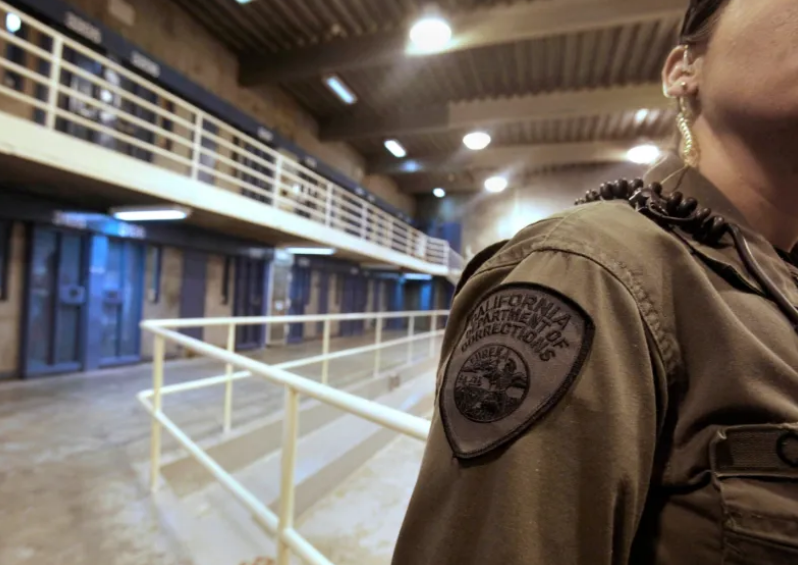Opinion - Divest from Systems That Harm
CA budget sees $11 billion to repair state’s 12 oldest prisons rather than close them

The following opinion piece appeared in the Orange County Register on May 21st, 2024, titled "Invest in the systems that keep us healthy and divest from the systems that harm." The opinion is written by Christine Mitchell and Renae A. Badruzzaman, co-directors of the Health Instead of Punishment Program at Human Impact Partners in Oakland, California.
Excerpts from the opinion are featured below.
*****
Governor Gavin Newsom has released the May Revised Budget, cutting billions in spending to address California’s staggering and unpredictable budget deficit. While his original budget spared many key public health initiatives from the chopping block, Newsom’s revised budget cuts $52.5 million from last year’s local and state public health funding, and an additional $300 million in ongoing spending reductions.
A vast body of research documents the importance of access to quality housing, employment, transportation, and healthcare. Data show that unhoused people are “more likely to become ill, have greater hospitalization rates, and are more likely to die at a younger age than the general population.” Houselessness can result in respiratory conditions, depression, anxiety, unintentional injury, excess winter mortality, and skin irritation. California is in the midst of a long-term housing crisis, with over 181,000 unhoused people – the highest rate of unhoused people in the country. Meanwhile, Newsom is proposing over $1.2 billion cuts to the General Fund towards housing.
Instead of cutting human needs and social services, we can divest from systems of incarceration, which the American Public Health Association has named are harmful to health, and that disproportionately impact communities of color and other marginalized people. In addition to the extensive research clearly stating the health harms of investing in incarceration, there are economic benefits from the divestment of incarceration. The State’s own Legislative Analyst’s Office has concluded that closing five prisons in California would result in $1.5 billion in annual savings alone. While we know prison closure won’t solve the immediate budget crisis, the long-term benefits will be monumental and ultimately protect the well-being of all Californians.
Meanwhile, Newsom’s revised corrections budget remains over $18 billion. This includes about $14 billion in funding for the California Department of Corrections and Rehabilitation (CDCR); about $2 billion for local community corrections; over $800 million for enhancing law enforcement growth; and $1 billion in raises for corrections officers over the next three years. It would cost $11 billion to repair the state’s 12 oldest prisons rather than close them. Despite this, Newsom’s May Revise only makes minimal cuts to CDCR’s bloated budget, saving a mere $80 million by deactivating some prison housing units.
Amid billions of cuts to vital social safety nets—healthcare, public health, housing, climate justice, and workforce development—CDCR’s budget remains largely untouched. Why is Newsom unwilling to make cuts to this harmful system? While some may argue otherwise, there is little to no evidence that increased spending on policing and corrections improves community safety.
We need smart solutions to safety that don’t rely on wasteful spending on incarceration that only create further harm. Closing state prisons that are no longer needed with shrinking prison populations is a pragmatic first step to reduce long term spending. Instead, the current budget cuts to important programs, which prevent incarceration by fostering community wellness and safety, could set California on a path to filling state prisons back up.
*****
You can read the opinion piece "Invest in the systems that keep us healthy and divest from the systems that harm" in full at the Orange County Register website. Human Impact Partners seeks to transform the field of public health to center equity and build collective power with social justice movements..










